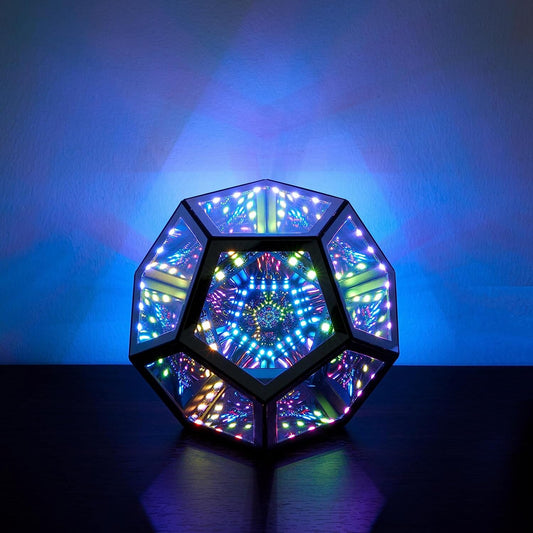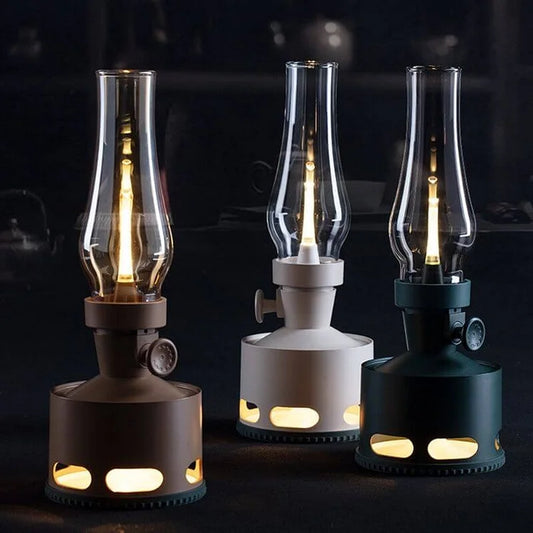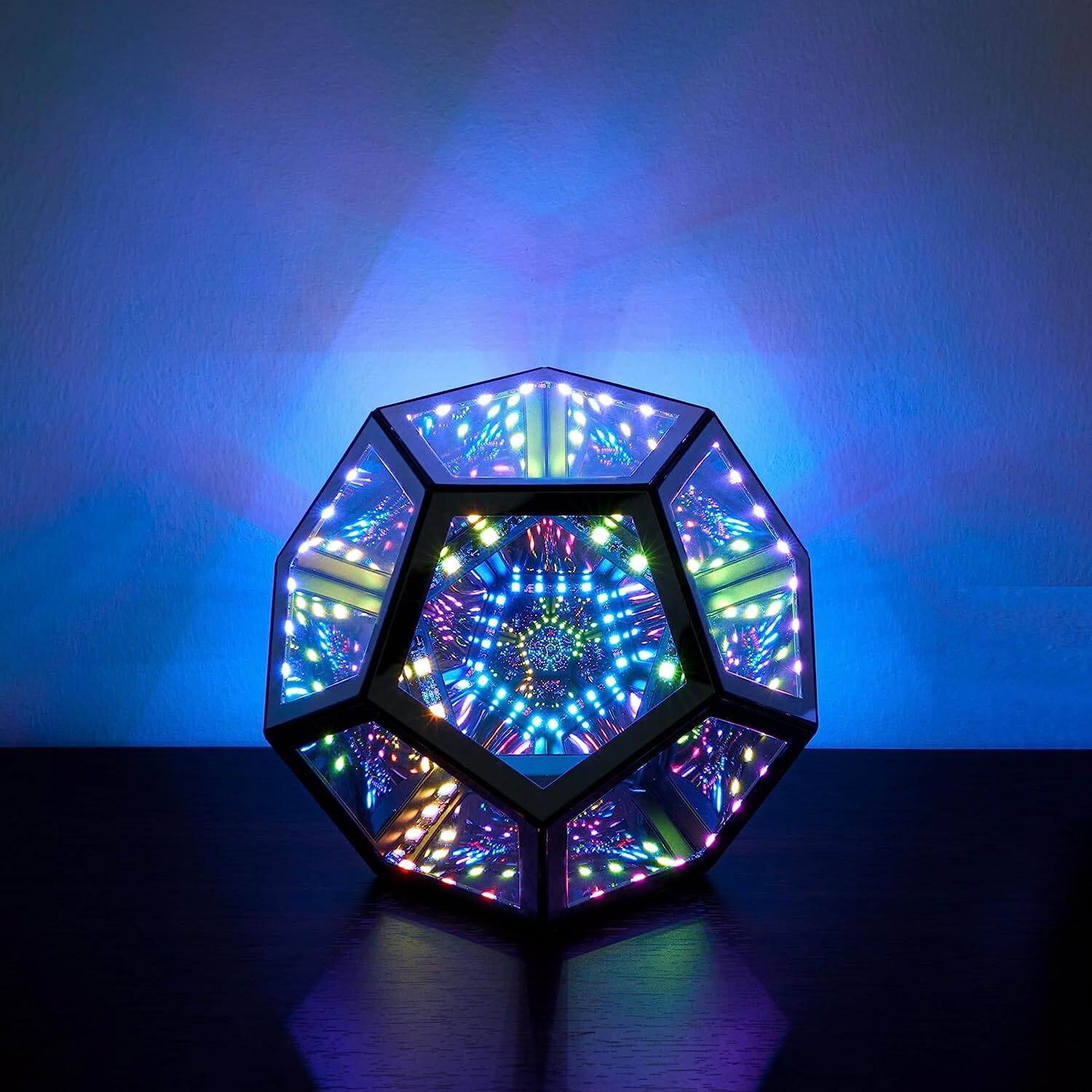Think you're the only one out there with a secret mess? The good news is you're not alone: We all have difficulty staying organized from time to time.
Plenty of highly effective people get bogged down in clutter, says professional organizer Robin Stephens of Lynnwood, Wash. "There was a woman at a major corporation here in Seattle who was so disorganized — papers and files leaking out of her office cubicle — that her co-workers took up a collection to pay for a professional organizer," Stephens says. "They ended up hiring me to help her get control."
Even professional organizers themselves occasionally need a reality check. "We're just as human as you are," says Denver-certified professional organizer. "When I walk into my office and the floor has become an option for storing things, I realize I'd better take care of it or somebody might walk into my office and say, 'She does what for a living?'"
But professional organizers do know the right tricks to get back on track. Try these five easy lessons for staying organized and you'll see a real improvement in the way you feel about your space — and about yourself.
Choose the Right Containers
If you're gaga over the goodies in the latest storage catalog, but you haven't started sorting your stuff yet, perhaps a splash of cold water is in order. "The single most common mistake that I see is clients buying containers or organizing gadgets at the beginning of the project," says professional organizer Kerry C.
Instead, take a step back and ask yourself some questions first. Professional organizer Nancy Peham of Helping Hands Personal Services in Dallas offers these suggestions for choosing containers:
- "Some key questions to ask: How frequently will the objects be used, how accessible must they be and who will be using them?" she says. "For example, small children require easy access and containers of manageable size and weight."
- Square containers hold more items, are more stable and sturdy and waste little space when stacked.
- Clear containers are best for visibility, but if tidiness is more important to you, go opaque.
- Remember the cardinal rule: Measure your available space before shopping!
- Once you have the right containers, clear labeling will help keep the contents organized.

Keep Things Where You Use Them
It's much easier to find things when you store them at their point of use, says Ann Bingley Gallops, president of the National Association of Professional Organizers. Some great tips:
- Go scissor-happy. "I keep a pair of scissors in every room so I can cut tags off things, cut articles out of newspapers, whatever," Gallops says. Rulers, paper, tape and tissue are other good multiples.
- Every phone deserves its own notebook and pen. "It can always stay open to the current page, and you never have to look for pieces of scratch paper lying around," Gallops says. "Occasionally, write down the date for reference."
- When a friend e-mails you directions to his or her house, print them out and keep them with your maps. "I have my maps in two separate boxes on a shelf in a closet," Gallops says, "one for U.S. maps and one for international, and I just slip e-mailed directions in with them.
Keep Organized Spaces Sacred
Once you've cleared a space of unwanted items, it can be very difficult to keep it clutter-free. Unless, of course, you know some great organizing secrets:
- Empty spaces seem to attract junk, so cut it off at the pass. "Put a lovely vase of flowers there instead," Sally Allen says. "It changes the dynamics of the space."
- Allen also suggests placing a basket to the side of the space for collecting odd items. (His-and-hers baskets, she notes wryly, can help you nail a clutter culprit.)
- Eliminate magazine clutter with this helpful tip from Ann Bingley Gallops. Go through magazines as soon as you get them, rip out the articles you want to read, staple them into a folder and tuck the packet into your briefcase. "It's like you've created your own magazine, filled with editorial content only you would choose," Gallops says. "Carry it around with you, read it when you have time and when you're done, throw it away."
- Kerry Crocker suggests you think up, not across."Using horizontal space is a no-brainer, but vertical space is often overlooked," she says. "Install hooks for purses and keys in the hallway, high shelves for off-season items in the garage and wall pockets for action files in your home office." This helps you resist the urge to pile things on flat surfaces.
Practice 5-Minute Organizing
Still waiting around for an eight-hour day you can devote entirely to organizing, but it never seems to arrive? Not unusual.
"I think people think of it as an event — 'I'm going to get organized, period,'" says Heidi Goodwin, a professional organizer in Portland, Maine."But it's a matter of developing good habits. If you don't incorporate organizing into your day, especially with so much information coming in all the time, even the most organized person will struggle."
Goodwin offers examples of some great five-minute habits that reap a hefty reward for a small investment of time:
- Make your bed.
- Sort your mail.
- Straighten the entryway to your home.
- Delete 10 e-mails from your inbox.
- Clean out your purse.
- File 10 papers.
Give Yourself Some Margin
Finally, incorporate a little breathing room into your life. That's Robin Stephens' philosophy. "A key component to a life in order is restoring margin," she says. "Margin is breathing room, a little reserve that you're not using up — the space between your load and your limit." Stephens recommends these steps for finding space in your life:
- Want what you have. "We cram our spaces and schedules with more and more, yet we still aren't content," Stephens says. "Just clearing the decks isn't enough. You have to be clear on what your values are and what you truly want."
- Pay attention to your limitations. "We tend to overestimate what we can do and underestimate the amount of time it takes to do it," Stephens says.
- Take time to recharge. Stephens recommends taking one day off per week. "Practice the three 'R's of life organization: rest, relax and renew," she says. "Stop filling every second of your life with activity. Don't hide behind the excuse of overload — commit to make room on a daily basis for the things that matter most."
After all, isn't that the reason you were getting organized in the first place?
P.S. An unmatched interior design accessory is our one-of-a-kind Mosaic Globe Lamp, now 46% Off!











